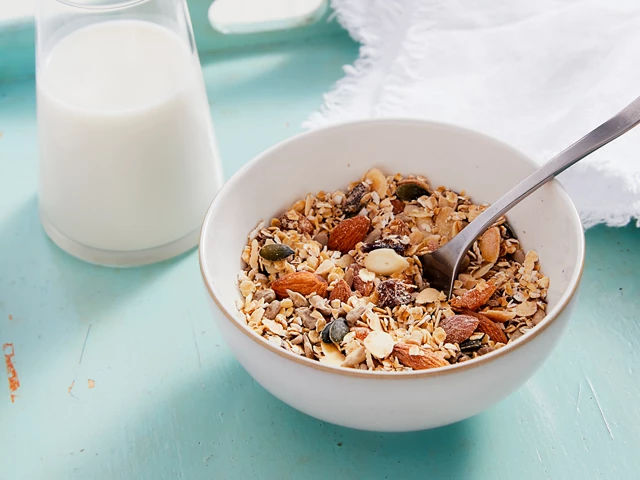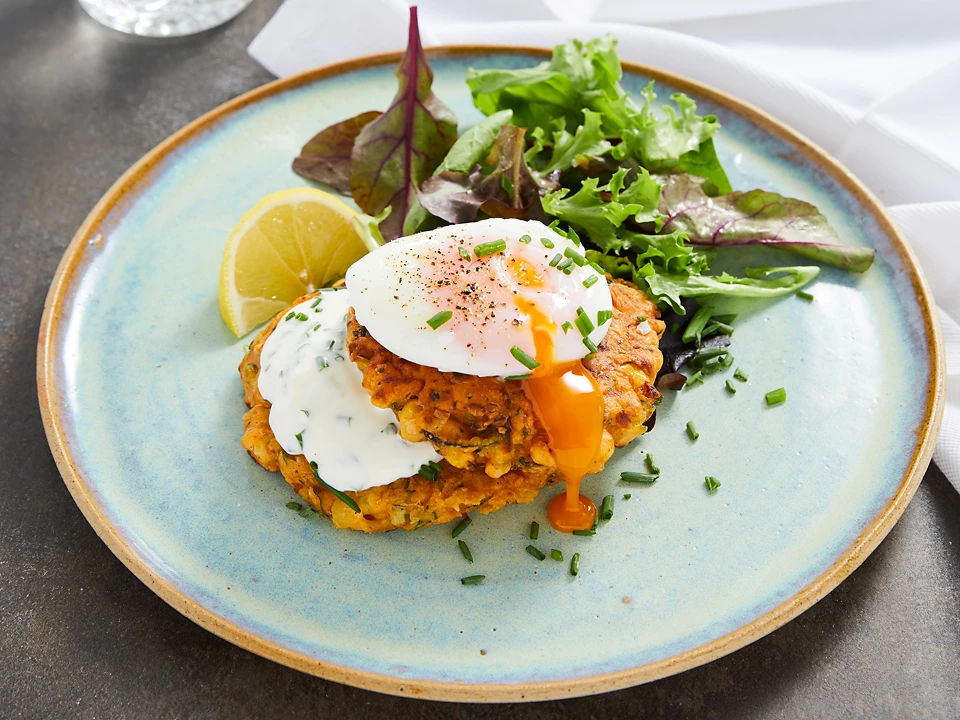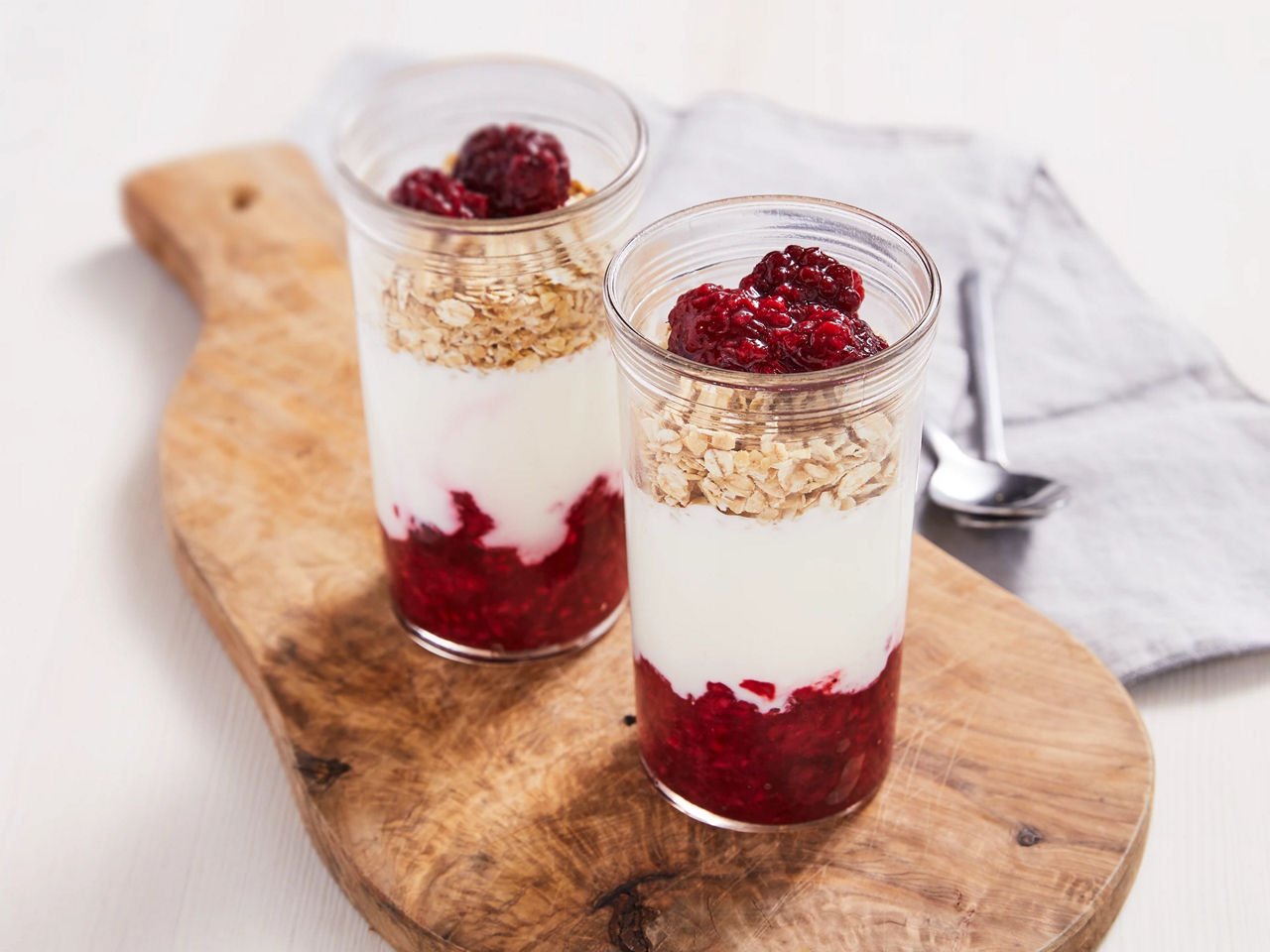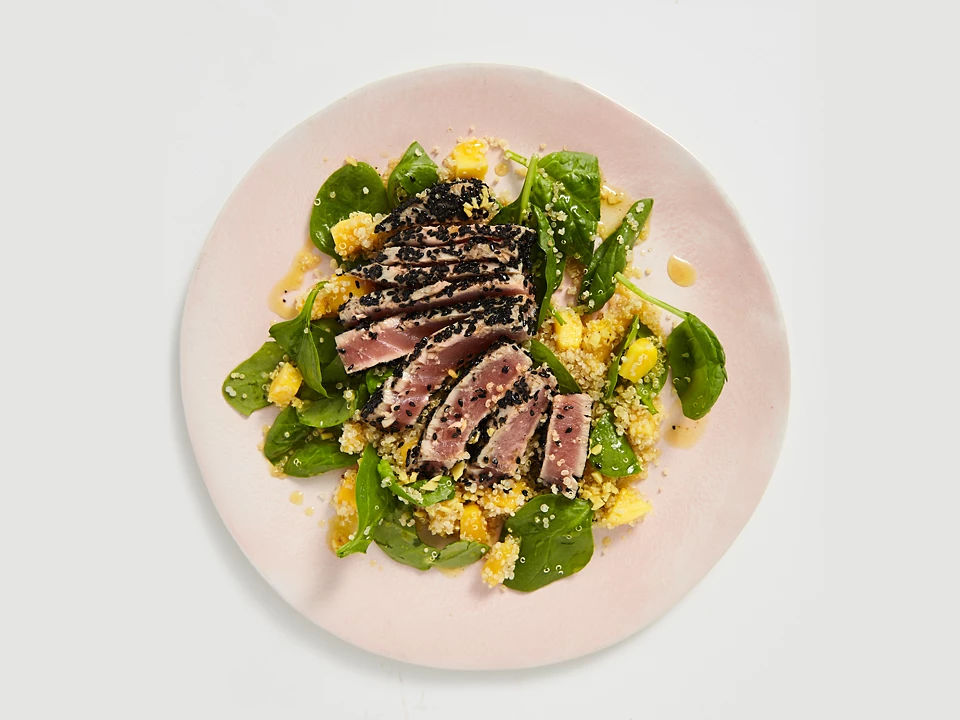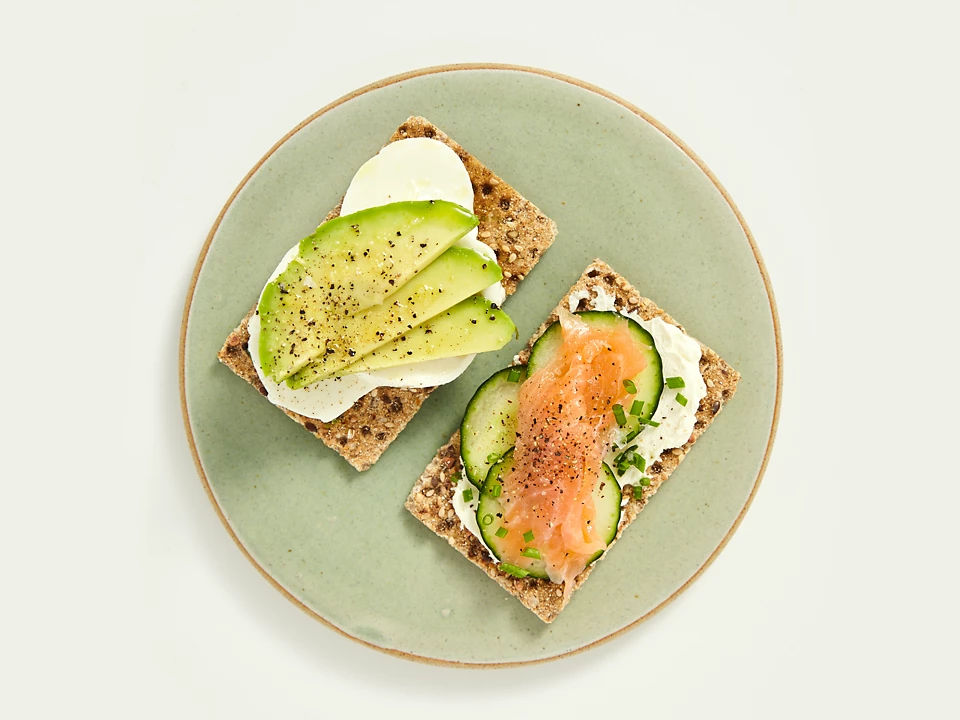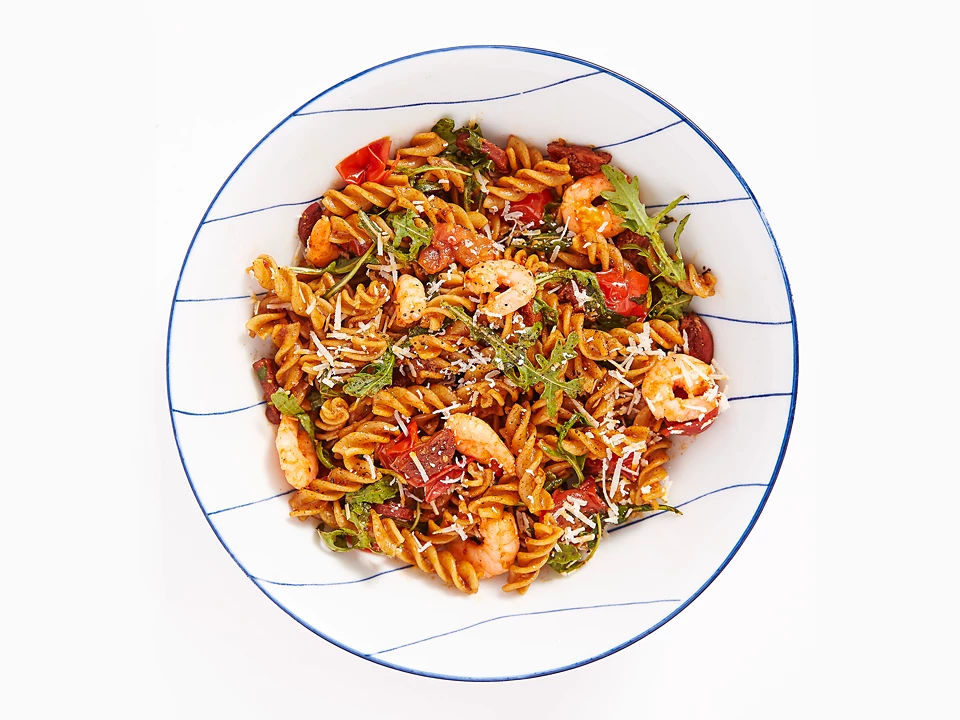Breakfast is an incredibly important meal when it comes to fuelling your body during pregnancy.
Not only does it help to replenish the energy you’ve used during the night to repair and restore your body’s health1, it will also help you to avoid reaching for those sugary snacks and foods to provide a short-lived energy boost.
Here we’re exploring what makes a healthy and nutritious breakfast for pregnant women, and providing you with some inspiration when it comes to enjoying a healthy pregnancy breakfast.
